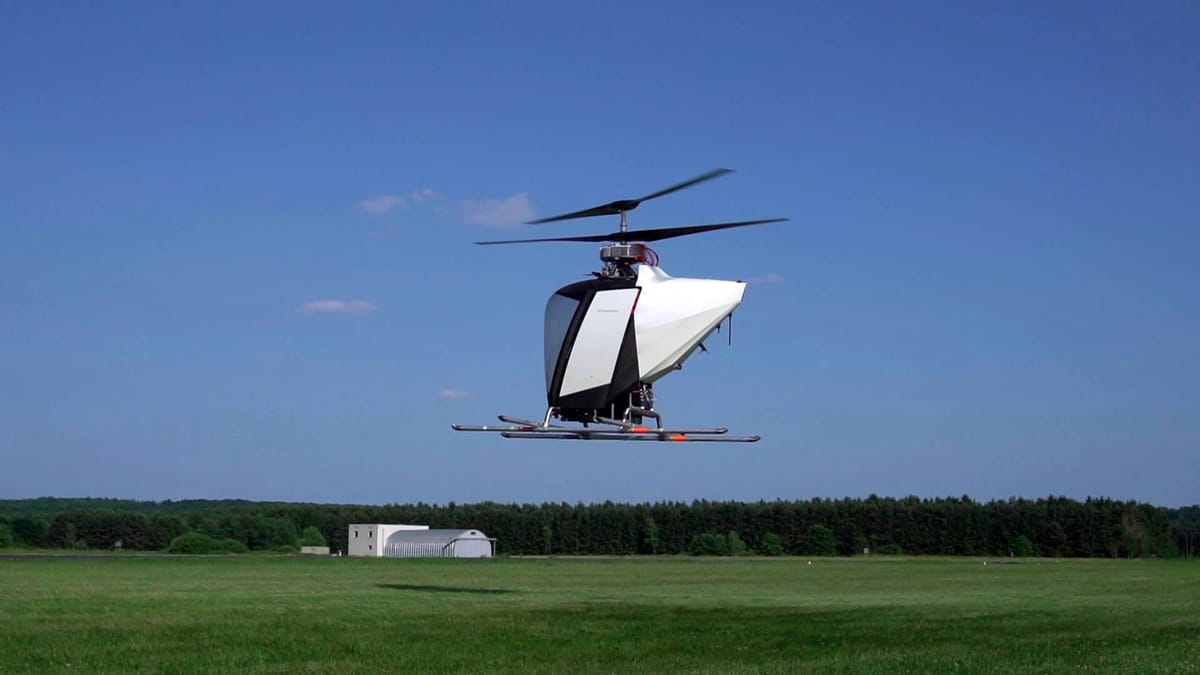FlyNow’s eCopter Moves Closer to Urban Air Mobility
FlyNow completes untethered test flights of its eCopter, marking a major step toward safe, clean, and affordable urban air mobility.

By achieving its first untethered test flights this June, FlyNow Aviation has done more than just lift a prototype into the air; it has lifted the vision of urban air mobility from speculative concept to tangible progress.
Since 2019, the Austrian-based startup has been steadily and deliberately building its case for a future where quiet, efficient, and modular eVTOL aircraft glide above congested city streets.
Now, at a newly secured test site in Eastern Austria, the eCopter’s free flight proves it’s ready to disrupt.
This milestone is not just technical; it’s symbolic. Until now, regulatory constraints kept the eCopter tethered during trials.
While those tethered flights provided valuable system validation, critics questioned the realism of such demonstrations. The recent untethered operation removes that doubt.
It’s proof that FlyNow’s aircraft, designed with cost-efficiency, simplicity, and safety in mind, is capable of independent, controlled flight under real-world conditions.
FlyNow’s strategy reflects a refreshing departure from overhyped futurism. While much of the eVTOL industry chases complexity and sky-high valuations, FlyNow focuses on scalable realities: modular designs, counter-rotating rotor technology, and production costs up to ten times lower than market competitors.
With sound levels quieter than a dishwasher and energy usage rivalling electric cars, this is urban aviation designed for everyday use, not science fiction.
The company’s next target is commercial cargo operations by 2027, with a roadmap toward passenger transport shortly thereafter.
If it can accumulate a million kilometres of operational data as planned, FlyNow may redefine how cities move people and goods, all while keeping emissions and noise to a minimum.
As global infrastructure braces for the coming wave of Advanced Air Mobility, FlyNow’s eCopter presents a compelling case for what that future should look like: accessible, sustainable, and quietly revolutionary.





